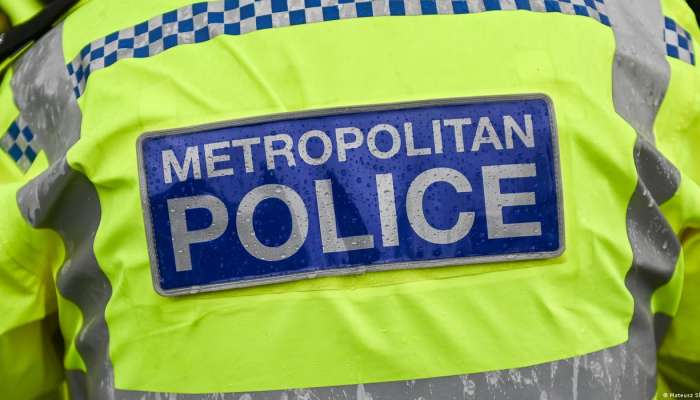
London: An independent review of London's Metropolitan Police has produced a number of damning findings including institutional racism, misogyny and homophobia.
The final 363-page report, which was released on Tuesday, found "systemic and fundamental problems" in the force which required "radical reform."
Prime Minister Rishi Sunak told the BBC that it was essential to "regain people's trust."
London Mayor Sadiq Khan, who initiated the review, called for the recommendations put forward by the report to be implemented quickly.
"It's in all of our interests to make sure that the police service changes, root and branch," he said on BBC radio.
What were some of the findings?
The review — conducted by Baroness Louise Casey — began in February 2022 and was completed in March 2023. It identified worrying trends present in the force.
"There is institutional racism, sexism and homophobia, inside the organization in terms of how officers and staff are treated, and outside the organisation in terms of how communities are policed," the report said, adding that the force was "failing women and children."
Casey found that female officers and staff "routinely face sexism and misogyny."
The review added there was a defensive culture in the police which prevented it from grasping the scale of the problems if was facing. This was identified as a key challenge in fixing the force.
Funding cuts, along with the closure of local police stations, which effectively ended community policing, had also contributed to the situation the report found.
Casey said the Met must "change itself" and that it was not up to the public "to keep ourselves safe from the police. It is the police's job to keep us safe as the public."
Why was the review commissioned?
The review was commissioned by then-police chief Cressida Dick in 2021, in the wake of the conviction and sentencing of Met police officer Wayne Couzens, for the rape and murder of Sarah Everard.
Other shocking cases have emerged since Everard's murder.
Former police officer David Carrick was given a life sentence last month for dozens of rapes and sexual assaults dating back to 2002.
Carrick served in the same armed unit as Couzens, responsible for protecting MPs and foreign diplomats.
How has the Met responded?
The Met said it "welcomed a report into its culture and standards and has called for it to be a catalyst for police reform."
Met Commissioner Mark Rowley — Britain's most senior police officer — told reporters: "We have let people down and I repeat the apology I gave in my first weeks to Londoners and our own people in the Met. I am sorry."
"It (the report) generates a whole series of emotions: anger, frustration, embarrassment... But most of all, it generates resolve," Rowley said.
Rowley also said that the report needed to "lead to meaningful change" and stressed, "if it only leads to pillory and blame of the exceptional majority of officers then only criminals will benefit."